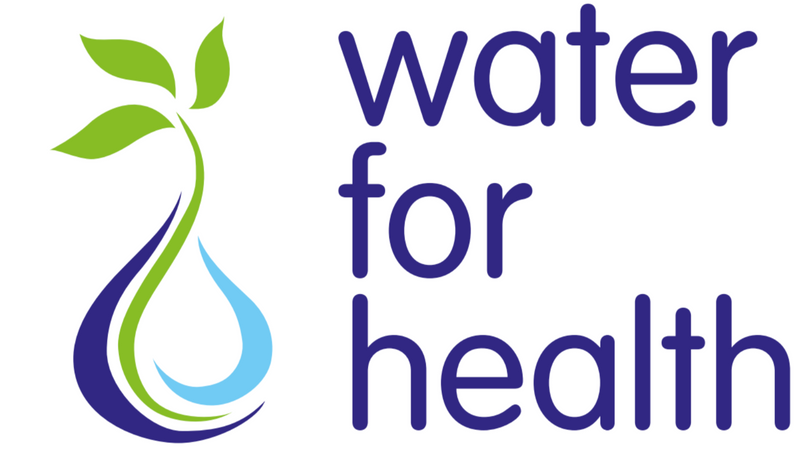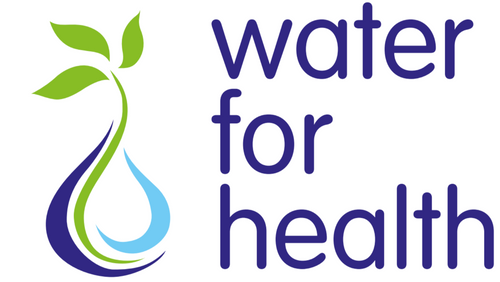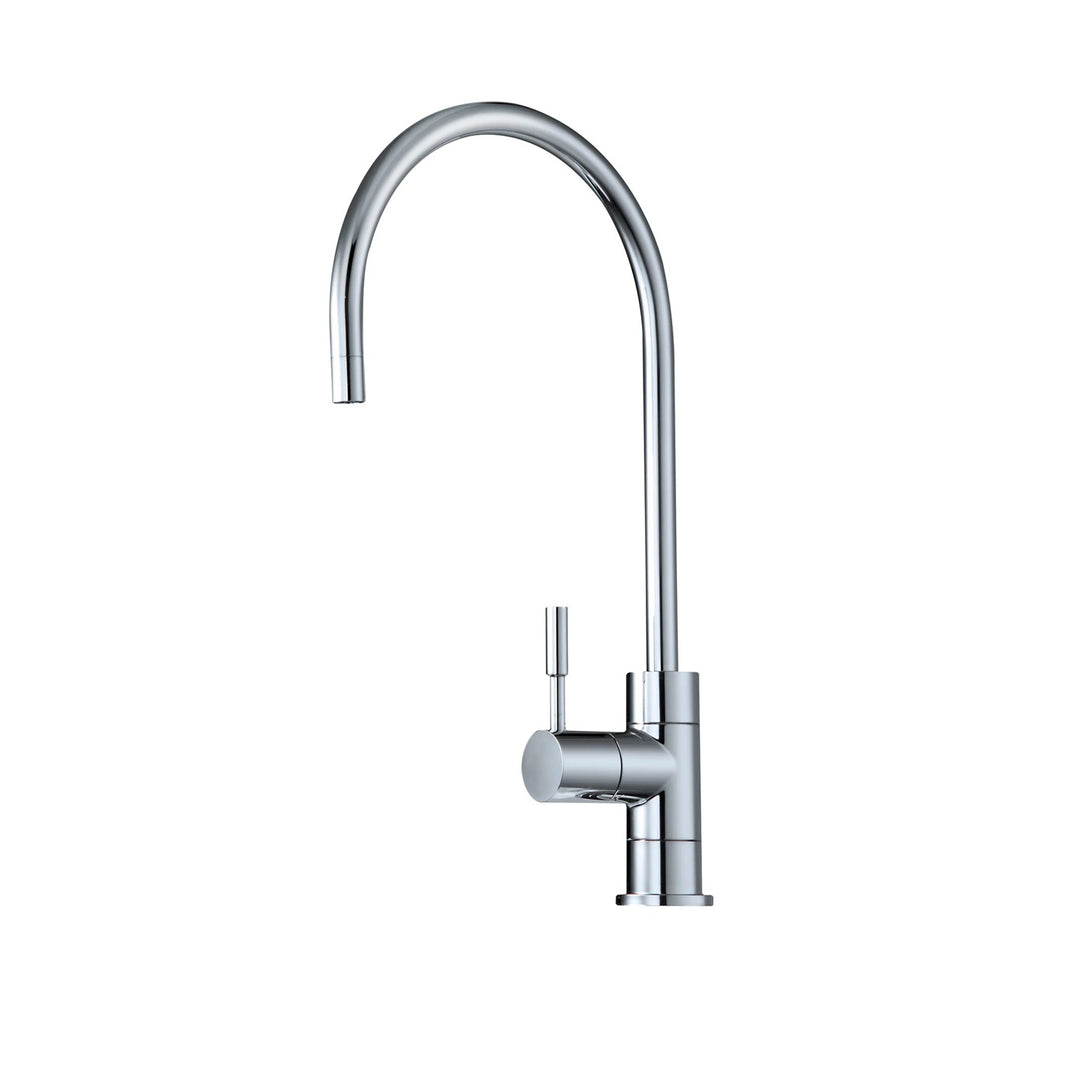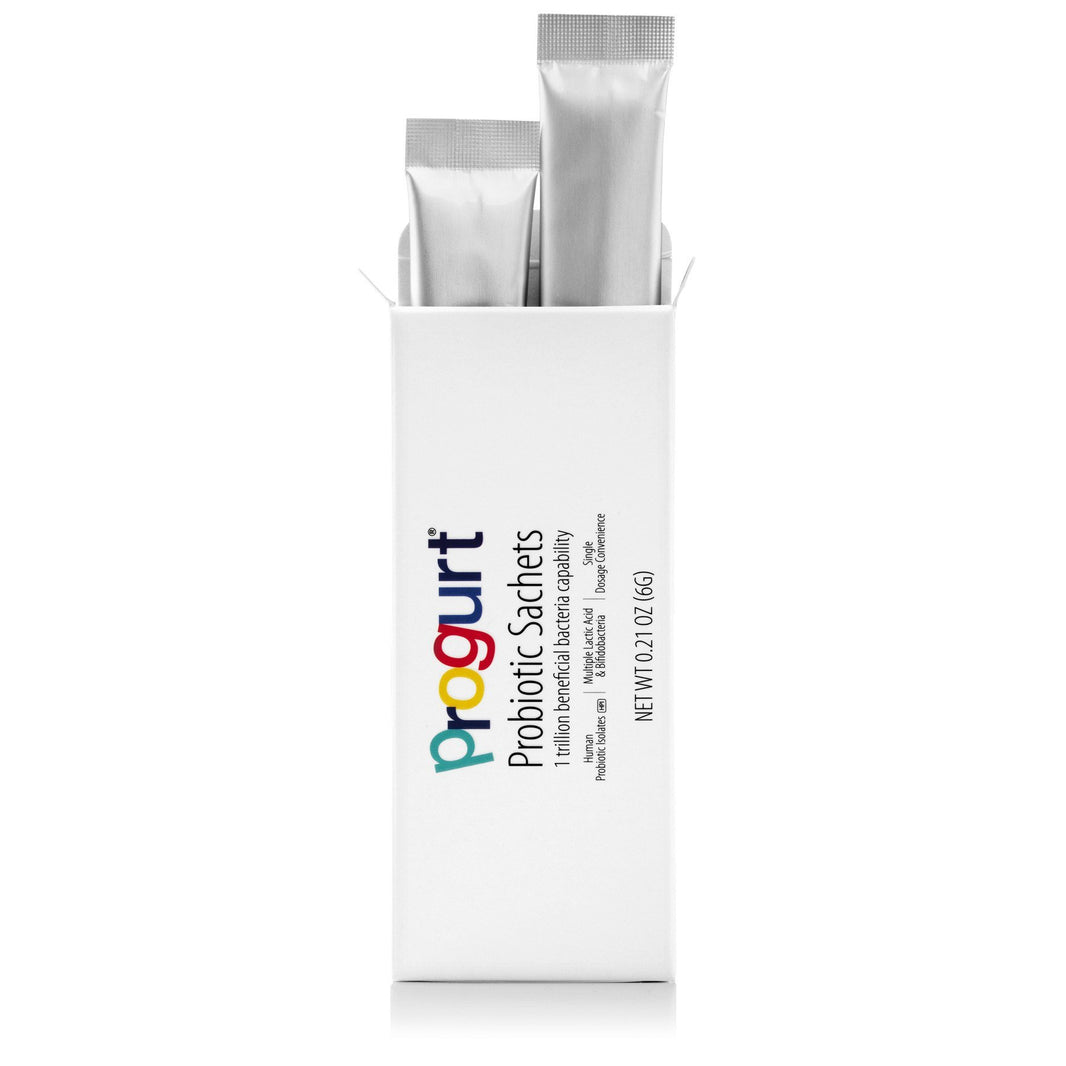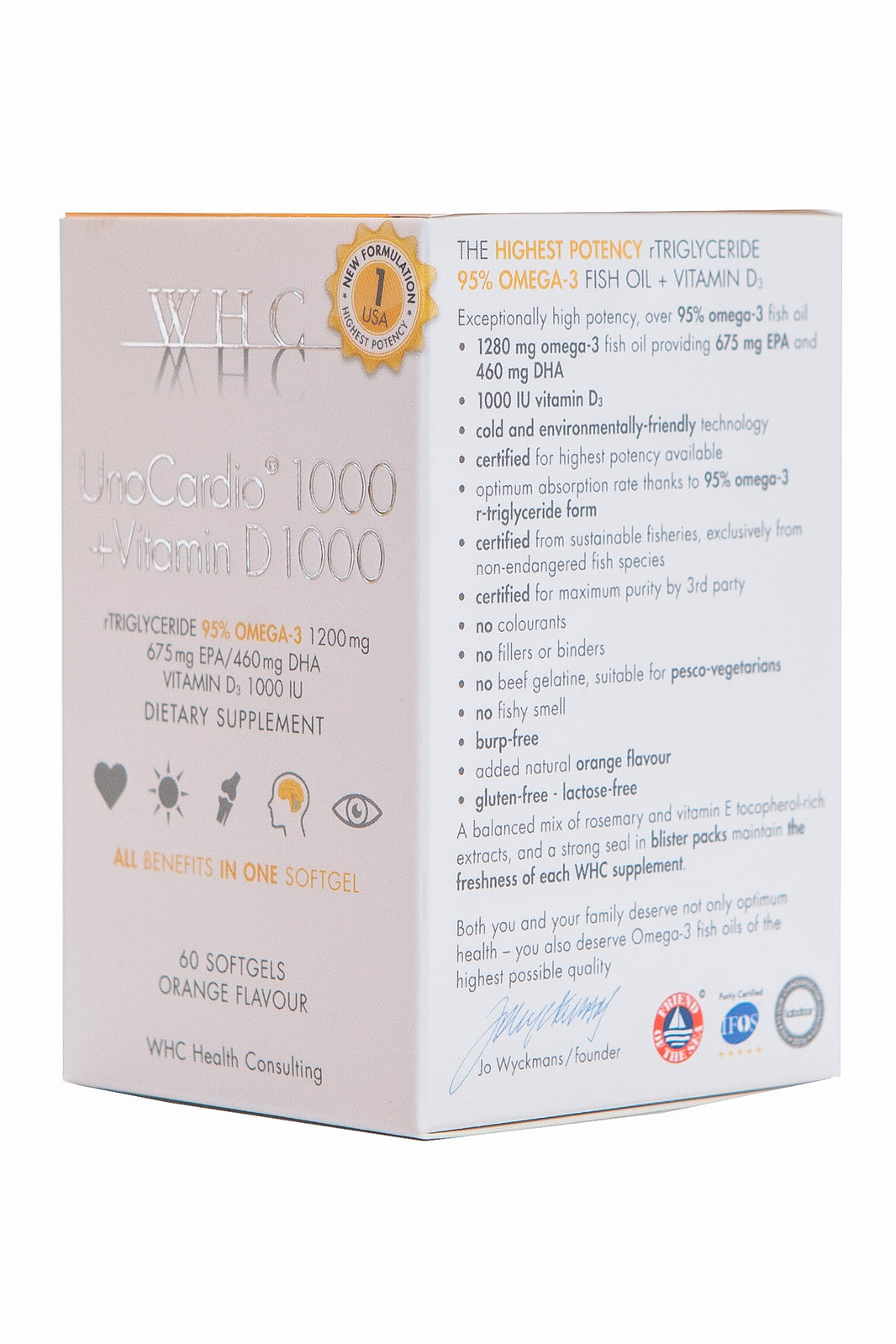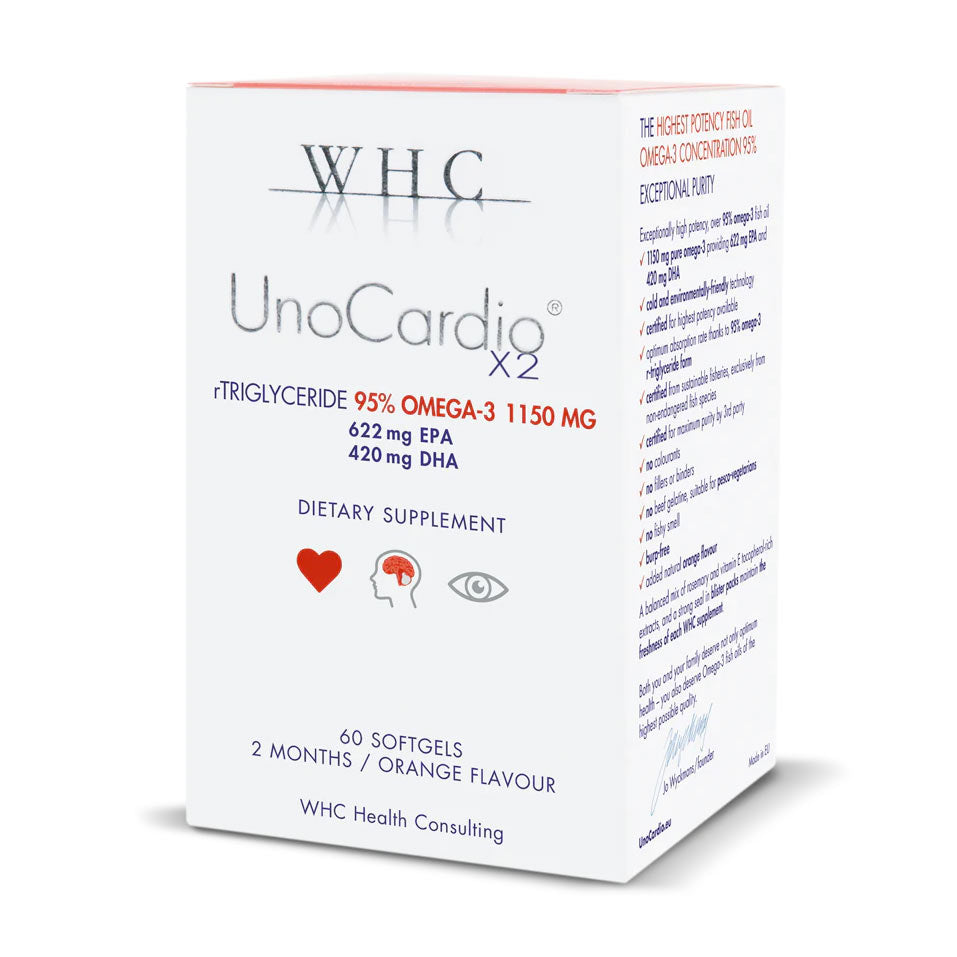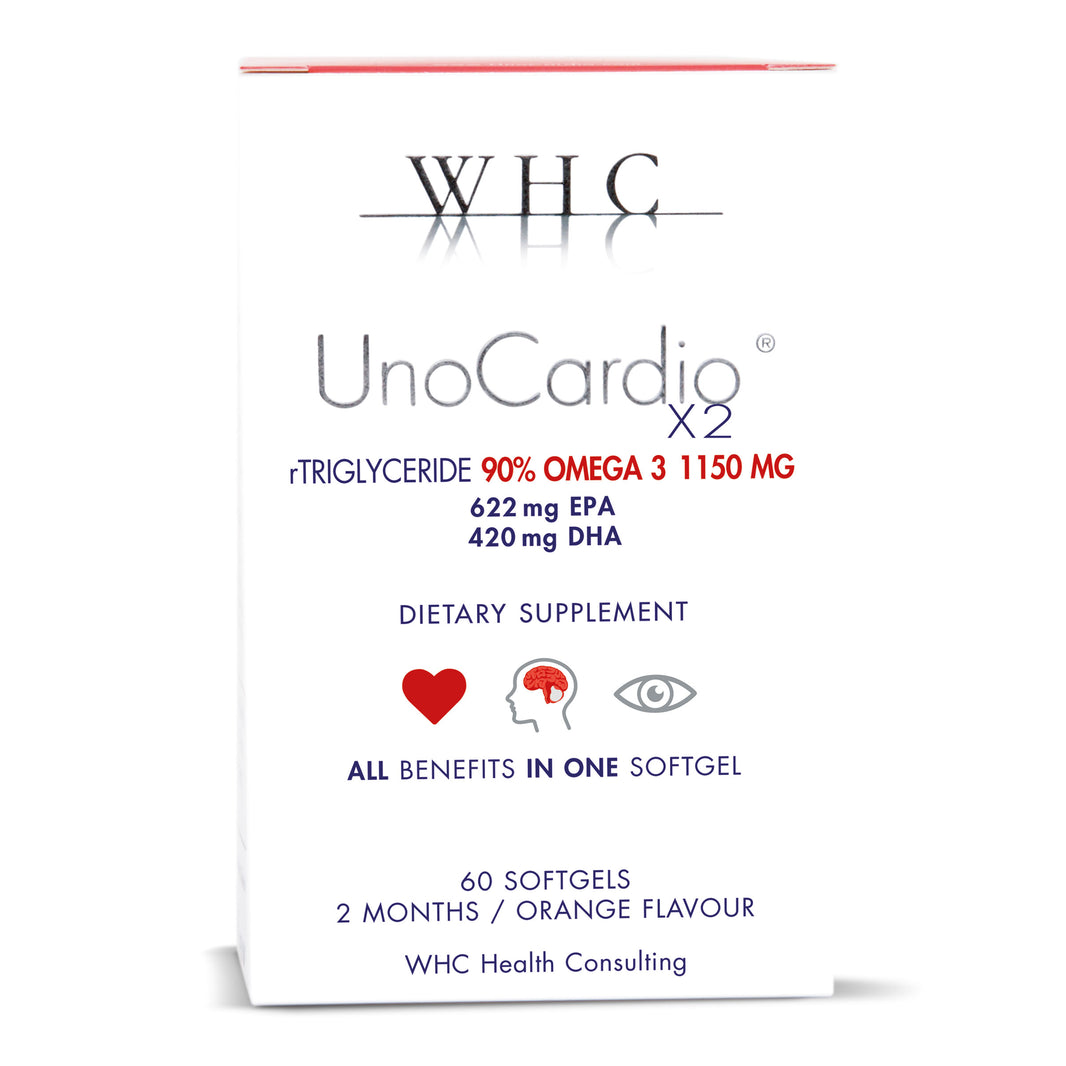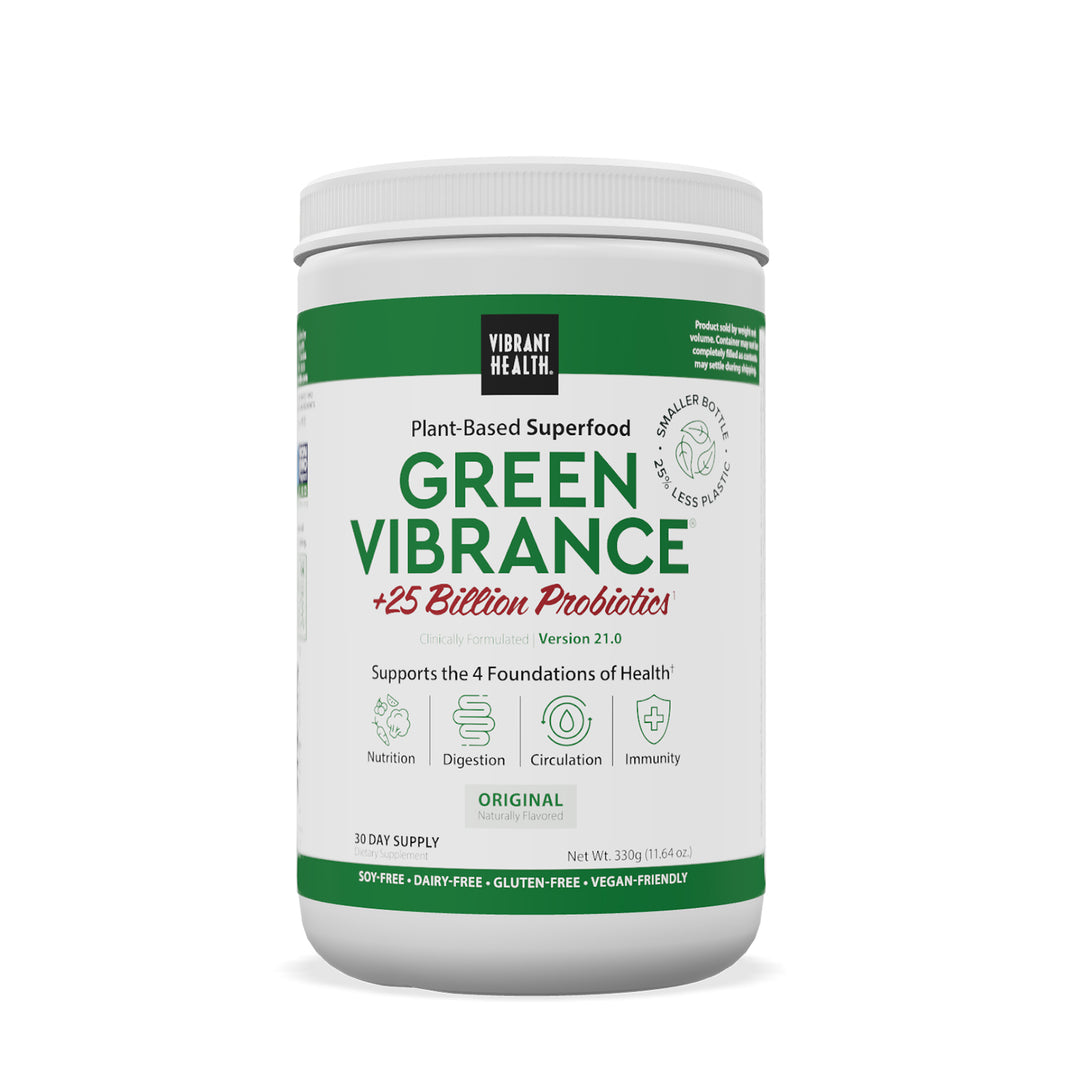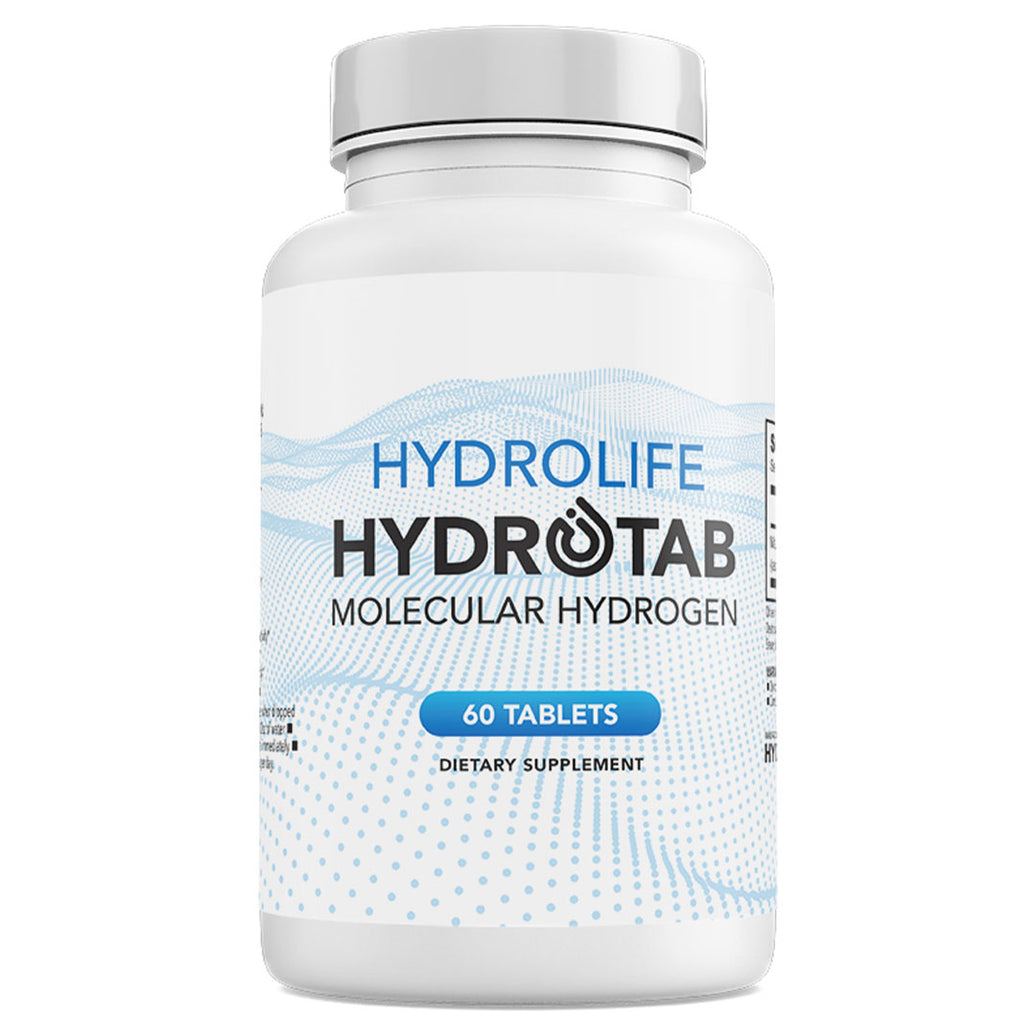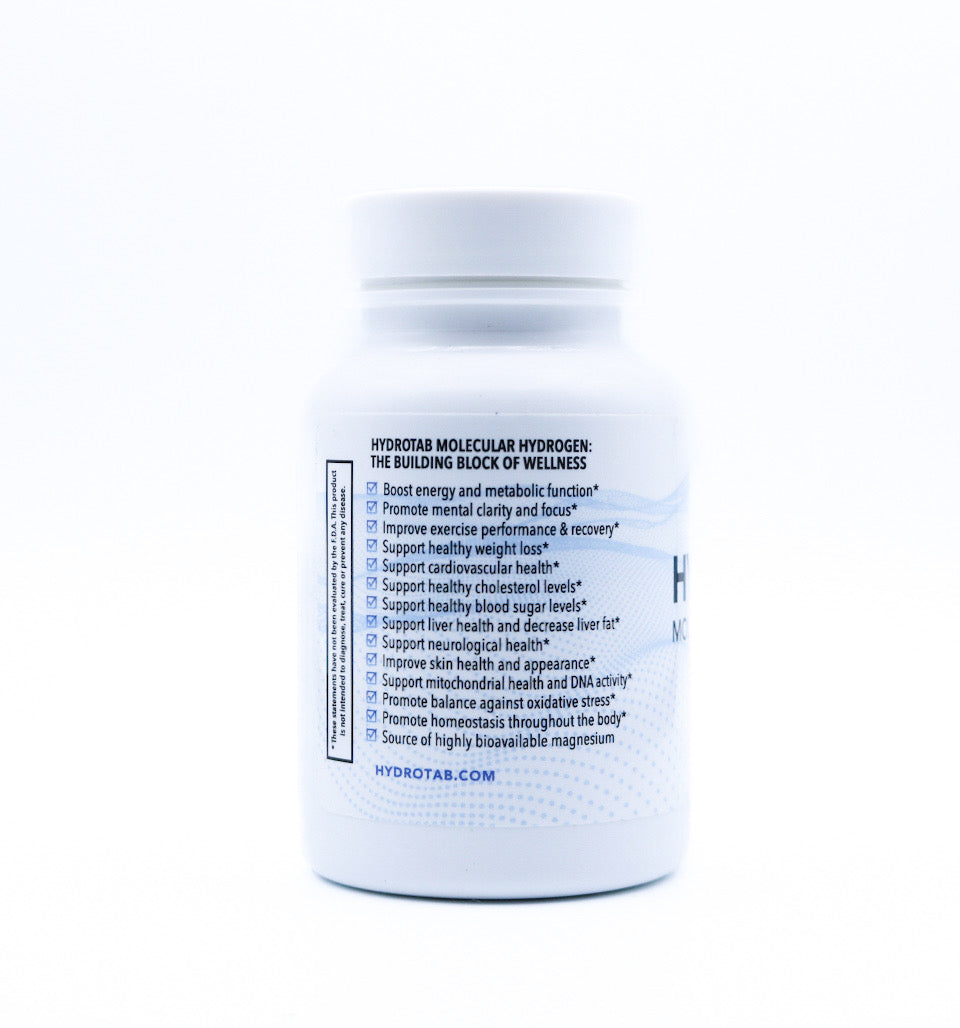Menopause is a significant phase in a woman's life, marking the end of her reproductive years. While it's a natural biological process, the experience can vary greatly from one woman to another. This guide aims to provide an in-depth understanding of menopause, including its early onset, stages, conventional treatments offered, and natural remedies including bioidentical hormone replacement therapy.
At What Age Does Menopause Start?
Menopause typically occurs between the ages of 45 and 55, but it can happen earlier for some women, with some experiencing it as early as 35 (1). Menopause occurring before age 45 is labelled as early menopause, whereas menopause happening before age 40 is termed premature menopause.
While early menopause is relatively rare, affecting approximately 5% of women, premature menopause is even less common, impacting only about 1% of women under 40. Premature menopause is also referred to as premature ovarian insufficiency (POI) or primary ovarian failure (2).
The menopausal transition involves various stages, including perimenopause, menopause, and postmenopause, each characterised by different symptoms and hormonal changes.
What Are The Common Menopausal Symptoms?
Menopause is a natural biological process that marks the end of a woman's reproductive years. While it is a normal part of ageing, it can bring about various physical and emotional changes due to fluctuating hormone levels. Understanding these symptoms and the available support options can significantly enhance quality of life during this transition.
Common Menopausal Symptoms (3)
- Hot Flashes
- Sudden feelings of warmth, usually most intense over the face, neck, and chest.
- Can cause sweating, reddening of the skin (flushing), and a rapid heartbeat.
- Often followed by a feeling of being cold.
- Night Sweats
- Severe hot flashes occurring at night, causing heavy sweating.
- Can disrupt sleep, leading to fatigue and irritability.
- Mood Swings
- Emotional fluctuations that can range from irritability to depression.
- Often linked to hormonal imbalances and can be exacerbated by sleep disturbances.
- Changes in Menstrual Cycles
- Irregular periods, including shorter or longer cycles.
- Changes in flow intensity, ranging from very heavy to very light.
Additional Symptoms
- Fatigue
- Persistent tiredness that doesn’t seem to improve with rest.
- Often related to sleep disturbances caused by night sweats and hot flashes.
- Can be managed through lifestyle changes, such as regular exercise and maintaining a sleep routine.
- Weight Gain
- Often occurs due to a decrease in metabolism.
- Increase in visceral fat, which poses health risks.
- Changes in physical activity levels and eating habits can contribute.
- Maintaining a balanced diet and regular physical activity can help manage weight.
- Brain Fog
- Cognitive changes, including forgetfulness, difficulty concentrating, and mental confusion.
- Can impact daily functioning and quality of life.
- Engaging in mental exercises, staying organised, and reducing stress can help mitigate these symptoms.
How Does Menopause Affect The Female Brain?

During menopause, declining oestrogen levels significantly affect brain function, contributing to memory lapses and cognitive changes (4). Research indicates that these hormonal fluctuations may also increase the risk of developing Alzheimer's disease in women (5). Additionally, the shifts in hormone levels can impact mood, leading to a higher likelihood of experiencing depression and anxiety (6). These changes can alter the brain's ability to process information and regulate emotions, making it a challenging period for many women. Understanding these effects is crucial for addressing the mental health and cognitive needs during menopause.
Early Menopause
What is Early Menopause?
Early menopause refers to the onset of menopause before the age of 45, while premature menopause occurs before the age of 40. This can be due to genetic factors, medical treatments like chemotherapy, or autoimmune disorders (7).
Causes of Early Menopause (8)
- Genetics: Family history can play a significant role.
- Medical Treatments: Chemotherapy and radiation therapy can damage the ovaries, leading to early menopause.
- Autoimmune Diseases: Conditions like rheumatoid arthritis and thyroid disease can affect ovarian function.
- Surgical Removal of Ovaries: This procedure, known as oophorectomy, can cause immediate menopause.
Symptoms of Early Menopause (8)
- Irregular periods or missed periods
- Hot flashes and night sweats
- Mood swings and irritability
- Vaginal dryness and discomfort during sex
- Decreased libido
- Sleep disturbances
Stages of Menopause
Perimenopause
Perimenopause is the transitional period leading up to menopause, typically starting in a woman's 40s but can begin earlier. During this stage, the ovaries gradually produce less oestrogen, leading to irregular menstrual cycles.
Symptoms of Perimenopause (9)
- Hot flashes
- Breast tenderness
- Worsening premenstrual syndrome (PMS)
- Fatigue
- Irregular periods
- Mood swings
Menopause
Menopause is confirmed when a woman has gone 12 consecutive months without a menstrual period. The average age for menopause is 51, but it can occur earlier or later.
Symptoms of Menopause (10)
- Hot flashes
- Night sweats
- Vaginal dryness
- Sleep problems
- Weight gain and slowed metabolism
- Thinning hair and dry skin
Postmenopause
Postmenopause is the period after menopause.
Symptoms of Postmenopause
Symptoms experienced during menopause may continue, but this stage also increases the risk of certain health conditions, such as osteoporosis and cardiovascular disease.
Conventional Treatments
Hormone Replacement Therapy (HRT)
HRT is one of the most common treatments for menopause symptoms. It involves taking oestrogen and sometimes progesterone to replace the hormones no longer produced by the ovaries (11).
- Benefits:
- Reduces hot flashes and night sweats
- Relieves vaginal dryness
- Prevents bone loss and reduces the risk of fractures
- Risks:
- Increased risk of breast cancer
- Higher risk of blood clots and stroke
- Potentially increased risk of heart disease
Bioidentical Replacement Hormone Therapy (BHRT)
Bioidentical Hormone Replacement Therapy (BHRT) is a personalised approach to hormone balance, using hormones that are structurally identical to those the body produces naturally (12).
- Benefits:
- Providing relief from menopausal symptoms like hot flashes, night sweats, and mood swings by replenishing hormone levels.
- Unlike synthetic hormones, bioidentical hormones are structurally identical to those naturally produced by the body, allowing for a more natural interaction. This therapy not only alleviates discomfort but also helps maintain bone density, reducing the risk of osteoporosis and fractures in postmenopausal women.
- Additionally, BHRT can enhance overall quality of life by restoring energy levels, mental clarity, and libido affected by hormonal imbalances.
- Risks: Although BHRT has a safer profile than regular HRT, some known side effects do exist which can include: weight gain, tiredness, acne, headaches and spotting. However, when used correctly and prescribed correctly, this should considerably reduce the risk of side effects.
Despite common misconceptions, bioidentical hormones are synthesised in laboratories, to strict standards, ensuring their safety and efficacy. It's important to note that BHRT is not a one-size-fits-all solution; treatments are tailored to an individual's specific hormone levels and symptoms. While often associated with menopausal women, BHRT offers benefits for anyone experiencing hormonal imbalances, making it a versatile option for improved health and well-being.
Non-Hormonal Natural Remedies for PeriMenopause & Menopause
Phytoestrogens

Phytoestrogens are plant-derived compounds that can mimic the effects of oestrogen in the body (13). Foods rich in phytoestrogens include:
- Soy products
- Flaxseeds
- Sesame seeds
- Berries
- Nuts and seeds
Herbal Supplements
Several herbal supplements may help alleviate menopausal symptoms. Always consult a healthcare provider before starting any new supplement.
- Black Cohosh: May reduce hot flashes and improve mood (14).
- Red Clover: Contains phytoestrogens that can help with hot flashes (15).
- Dong Quai: Traditionally used in Chinese medicine to balance hormones (16).
- Evening Primrose Oil: Can help with hot flashes and breast tenderness (17).
Lifestyle Changes
Adopting a healthy lifestyle can significantly impact menopause symptoms and overall well-being.
- Diet: Eating a balanced diet rich in fruits, vegetables, lean proteins, and whole grains can help manage weight and improve overall health.
- Exercise: Regular physical activity can help maintain a healthy weight, reduce stress, and improve sleep.
- Stress Management: Techniques such as yoga, meditation, and deep breathing can help manage stress and improve mental health.
- Sleep Hygiene: Establishing a regular sleep routine and creating a comfortable sleep environment can improve sleep quality.
Expert Insights
Dr. Lara Briden
Dr. Lara Briden, a well-known naturopathic doctor and author, emphasises the importance of understanding hormonal health. According to Dr. Briden, "Menopause is a natural transition and not a deficiency. It's about supporting the body's natural processes with the right nutrition, lifestyle changes, and, when necessary, natural supplements."
Tests to Action During Menopause
Lara Briden recommends a series of tests to effectively manage and understand the changes occurring during menopause. Firstly, she suggests monitoring Follicle-Stimulating Hormone (FSH) levels, as elevated FSH is a reliable marker for diagnosing menopause. Additionally, measuring Estradiol, a hormone that significantly decreases during menopause, helps confirm the menopausal transition. Briden also emphasises the importance of checking Thyroid-Stimulating Hormone (TSH) levels, as fluctuations in thyroid hormones can mimic menopausal symptoms; this ensures that potential thyroid issues are not mistaken for menopause. Lastly, she values the Anti-Mullerian Hormone (AMH) test, which provides insight into ovarian reserve and can predict the timing of menopause. According to Briden, these tests are pivotal tools for early detection and proactive, personalised care, allowing women to tailor their health strategies and ensure accurate treatment paths.
Institute for Functional Medicine
The Institute for Functional Medicine highlights the role of integrative approaches in managing menopause. Combining conventional treatments with natural remedies and lifestyle changes can provide comprehensive support for menopausal women.
Mapping Out Your Personal Needs in Menopause
Menopause is a natural phase in a woman's life, marking the end of her reproductive years, but it can come with various challenges. Understanding the stages, symptoms, and available treatments can make the transition smoother and more manageable. During menopause, women may experience a range of symptoms such as hot flashes, night sweats, mood swings, and changes in sleep patterns. Whether you choose conventional treatments like synthetic hormone replacement therapy, natural remedies such as bioidentical hormone replacement, herbal supplements, lifestyle changes including diet and exercise, or a combination of both - the goal is to find what works best for you. Consulting with healthcare professionals and seeking community support can also provide valuable insights and comfort during this time.
Written by Amy Morris, BSc (Hons) Nutritional Therapy. Amy has been a nutritional therapist for 12 years, specialising in recent years as a functional medicine nutritional therapist. Women’s health, and pre-diabetes and type 2 diabetes prevention are Amy’s specialist areas. Diagnosed with a chronic condition called endometriosis at age 20, this is what motivated Amy to study nutrition. Amy has been in remission for 6 years now, attributing powerful nutrition, lifestyle and bio-identical hormone strategies she now shares with her clients. https://www.greathealthnaturally.co.uk/
Water for Health Ltd began trading in 2007 with the goal of positively affecting the lives of many. We still retain that mission because we believe that proper hydration and nutrition can make a massive difference to people’s health and quality of life. Click here to find out more.
References
1. How to Deal with Early Menopause. (2019, January 22). Healthline. https://www.healthline.com/health/menopause/dealing-early
2. Vogt, E. C., Real, F. G., Husebye, E. S., Björnsdottir, S., Benediktsdottir, B., Bertelsen, R. J., Demoly, P., Franklin, K. A., de Aja Gallastegui, L. S., González, F. J. C., Heinrich, J., Holm, M., Jogi, N. O., Leynaert, B., Lindberg, E., Malinovschi, A., Martínez-Moratalla, J., Mayoral, R. G., Oudin, A., & Pereira-Vega, A. (2022). Premature menopause and autoimmune primary ovarian insufficiency in two international multi-center cohorts. Endocrine Connections, 11(5). https://doi.org/10.1530/ec-22-0024
3. Mayo Clinic. (2023, May 25). Menopause - Symptoms and causes. Mayo Clinic. https://www.mayoclinic.org/diseases-conditions/menopause/symptoms-causes/syc-20353397
4. HENDERSON, V. W. (2008). Cognitive Changes After Menopause: Influence of Estrogen. Clinical Obstetrics and Gynecology, 51(3), 618–626. https://doi.org/10.1097/grf.0b013e318180ba10
6. Hormones and dementia risk | Alzheimer’s Society. (n.d.). Www.alzheimers.org.uk. Retrieved June 20, 2024, from https://www.alzheimers.org.uk/about-dementia/managing-the-risk-of-dementia/additional-treatments-for-dementia-risk/hormones#
7. Kundakovic, M., & Rocks, D. (2022). Sex hormone fluctuation and increased female risk for depression and anxiety disorders: From clinical evidence to molecular mechanisms. Frontiers in Neuroendocrinology, 66, 101010. https://doi.org/10.1016/j.yfrne.2022.101010
8. Shuster, L. T., Rhodes, D. J., Gostout, B. S., Grossardt, B. R., & Rocca, W. A. (2010). Premature menopause or early menopause: Long-term health consequences. Maturitas, 65(2), 161–166. https://doi.org/10.1016/j.maturitas.2009.08.003
9. Premature and Early Menopause: Causes, Diagnosis, and Treatment. (2022, September 6). Cleveland Clinic. https://my.clevelandclinic.org/health/diseases/21138-premature-and-early-menopause
10. Johns Hopkins Medicine. (2024). Perimenopause. Www.hopkinsmedicine.org. https://www.hopkinsmedicine.org/health/conditions-and-diseases/perimenopause
11. Cleveland Clinic. (2021, October 5). Menopause: Age, Stages, Signs, Symptoms & Treatment. Cleveland Clinic. https://my.clevelandclinic.org/health/diseases/21841-menopause
12. Harper-Harrison, G., & Shanahan, M. M. (2023, February 20). Hormone replacement therapy. National Library of Medicine; StatPearls Publishing. https://www.ncbi.nlm.nih.gov/books/NBK493191/
13. Files, J. A., Ko, M. G., & Pruthi, S. (2011). Bioidentical Hormone Therapy. Mayo Clinic Proceedings, 86(7), 673–680. https://doi.org/10.4065/mcp.2010.0714
14. Desmawati, D., & Sulastri, D. (2019). A Phytoestrogens and Their Health Effect. Open Access Macedonian Journal of Medical Sciences, 7(3), 495–499. https://doi.org/10.3889/oamjms.2019.086
15. Mehrpooya, M., Rabiee, S., Larki-Harchegani, A., Fallahian, A.-M., Moradi, A., Ataei, S., & Javad, M. T. (2018). A Comparative Study on the Effect of “Black Cohosh” and “Evening Primrose Oil” on Menopausal Hot Flashes. Journal of Education and Health Promotion, 7(36). https://doi.org/10.4103/jehp.jehp_81_17
16. Ghazanfarpour, M., Sadeghi, R., Latifnejad Roudsari, R., Mirzaii Najmabadi, K., mousavi bazaz, M., abdolahian, S., & Khadivzadeh, T. (2015). Effects of red clover on hot flash and circulating hormone concentrations in menopausal women: a systematic review and meta-analysis. Avicenna Journal of Phytomedicine, 5(6), 498–511. https://www.ncbi.nlm.nih.gov/pmc/articles/PMC4678495/
17. Al-Bareeq, R. J., Ray, A. A., Nott, L., Pautler, S. E., & Razvi, H. (2013). Dong Quai (angelica sinensis) in the treatment of hot flashes for men on androgen deprivation therapy: results of a randomized double-blind placebo controlled trial. Canadian Urological Association Journal, 4(1), 49. https://doi.org/10.5489/cuaj.775
18. Kazemi, F., Masoumi, S. Z., Shayan, A., & Oshvandi, K. (2021). The Effect of Evening Primrose Oil Capsule on Hot Flashes and Night Sweats in Postmenopausal Women: A Single-Blind Randomized Controlled Trial. Journal of Menopausal Medicine, 27(1), 8. https://doi.org/10.6118/jmm.20033
